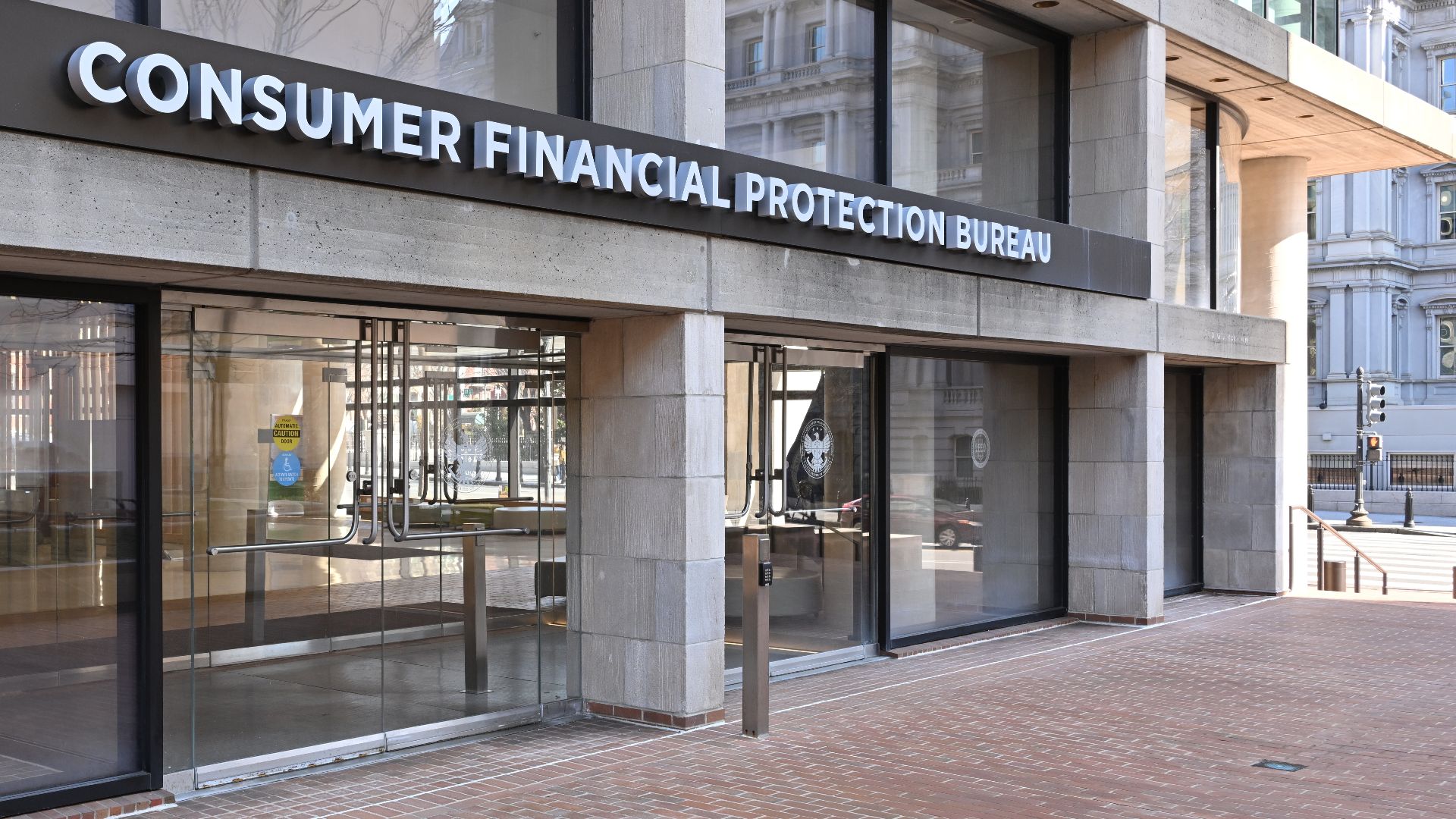What Is A Prepayment Penalty?
A prepayment penalty is a fee charged when you pay off a loan before its scheduled term. Lenders charge it to make up for lost interest. They’re less common today, but some private student loans still include these clauses. Knowing why the fee exists is the first step toward dealing with it.

Review Your Loan Agreement In Detail
Take a close look at your loan contract. Find out whether the penalty is a flat fee or a percentage of the remaining balance. Knowing exactly how the fee is arrived at helps you plan your repayment. Many borrowers miss this fine print, but careful review will tell you how much you’ll actually be charged.
The Difference Between Federal And Private Loans
Federal student loans generally don’t come with prepayment penalties, so if you’re being charged, it’s almost certainly from a private loan. The distinction matters because consumer protections differ. Federal loans are more tightly regulated, while private lenders have more flexibility in setting our their contract terms. Know in advance which type you hold.
Call Your Lender To Get Clarification
Don’t assume the penalty is chiselled in stone. Talk to your lender directly and ask them to explain the fee. Ask for a detailed breakdown in writing so you understand the calculation. Sometimes, errors occur or charges are misapplied. Going through it with your servicer ensures that the charges will be accurate and transparent.
Try To Negotiate With The Lender
Even if the clause does exist, you may be able to negotiate. Remind them of your history of consistent payments and loyalty as a borrower. Some lenders are willing to reduce or waive penalties to keep up good customer relationships. Persistence and professionalism can pay off, even if it’s not a sure thing.
Read Up On State Regulations That May Protect You
Consumer protection laws vary from state to state. Some states restrict prepayment penalties on specific loan types. Review your state’s rules or talk to a legal expert to see if your lender is in compliance. If your loan’s penalty contravenes state law, you could quite possibly challenge it successfully.
Consider Talking To A Lawyer
If the penalty is steep, it may be worthwhile to talk to a student loan or consumer rights attorney. A lawyer can look over your contract and determine if the penalty is enforceable. Hiring an attorney involves costs, but professional advice can save you money if the penalty was improperly applied.
 Photo By: Kaboompics.com, Pexels
Photo By: Kaboompics.com, Pexels
Weigh Penalty Costs To Interest Savings
Before you decide how to proceed, run some numbers first. Even with a penalty, paying off your loan early could be a net gain compared to paying years of interest. Total up both scenarios: the penalty now versus the interest you’d pay over the entire life of the loan. You may be surprised at what you come up with.
Make Extra Payments Without Fully Paying It Off
If the penalty only applies when you close out the loan entirely, look into making additional payments toward the principal instead. This reduces the overall balance and future interest without triggering the penalty. It can be a middle-ground strategy for saving money while avoiding extra charges.
 Photo By: Kaboompics.com, Pexels
Photo By: Kaboompics.com, Pexels
Look At Refinancing Opportunities
Refinancing your student loan with another lender could do away with the penalty issues altogether. Some lenders let you refinance and pay off the old loan without enforcing the prepayment clause. Compare the different offers carefully, take into account the interest rates, terms, and fees to confirm if refinancing genuinely saves you money.
Review The Effect On Your Credit Score
Paying off your student loan early can improve your credit by reducing debt and showing responsible repayment. But a penalty doesn’t usually affect your credit score directly. Try to get an accurate gauge of the financial benefit of eliminating debt sooner against the cost of the penalty and the long-term credit improvement.
If You Think You Were Misled: File A Complaint
If the penalty was never properly explained or buried in confusing language, you could have grounds for complaint. File with the Consumer Financial Protection Bureau (CFPB) or your state attorney general. Regulators may intervene if they decide the lender engaged in deceptive practices. Transparency is a legal requirement for all contracts.
 G. Edward Johnson, Wikimedia Commons
G. Edward Johnson, Wikimedia Commons
Don’t Forget The Emotional Value Of Paying Debt Off
Sometimes the psychological relief of being debt-free can outweigh any other financial considerations. Even if the penalty costs you more, the freedom of getting out from under monthly payments may feel worth it. Decide whether the peace of mind and reduced stress justify the expense. Emotional well-being is part of the financial big picture, too.
Ask For A Formal Recalculation Of The Penalty
Mistakes do happen, and loan servicing companies aren’t infallible. Ask your lender to provide you with a formal recalculation. Find out whether the penalty was based on your original balance or the remaining amount. Catching misapplied percentages or math mistakes could greatly reduce your costs. Always double-check their numbers against your own.
Don’t Ignore The Situation Out Of Frustration
It may be tempting to disengage and think “What’s the use?” when fees feel unfair, but avoiding the problem only makes it worse. Ignoring penalties could lead to collection activity or negative marks on your credit score. Confront the issue head-on by negotiating, paying strategically, or taking your complaints to the next level. Inaction is usually the most expensive choice.
Look At Other Repayment Options
If you still have federal loans along with private ones, look at repayment programs or forgiveness options that lighten your overall load. Managing your broader debt picture as a whole could free up money and make it easier to cover a private loan penalty while still meeting your other obligations.
 Photo By: Kaboompics.com, Pexels
Photo By: Kaboompics.com, Pexels
Seek Professional Financial Counseling
A certified financial counselor can help you make up your mind if early repayment with a penalty or sticking to scheduled payments is the better option. Counselors often offer insights into refinancing, budgeting, and long-term debt strategies. Their input adds valuable perspective that can be hard to find when you’re stressed about penalties.
Make Your Future Borrowing More Transparent
Take this experience as a lesson for future loans. In the future, always ask lenders about any prepayment penalties that might apply. Get clear, written answers before you sign anything. Understanding the fine print ahead of time saves you from making the same mistake and empowers you as a financially aware borrower.
Build Your Financial Foundation Before Paying Early
If the penalty feels too steep, it may be better to redirect your efforts for now. Build up your emergency fund, pay down any other high-interest debt you might have, or invest in opportunities that strengthen your finances. You can always revisit your student loan later. A strong financial base will keep you on solid ground so that you don’t overextend yourself for the sake of one loan.
 Photo By: Kaboompics.com, Pexels
Photo By: Kaboompics.com, Pexels
Treat It As A Growth Opportunity
It’s frustrating, but mistakes like this offer valuable lessons about contracts, negotiation, and financial planning. By treating it as a learning experience, you’ll build stronger habits and insight into all your future financial decisions. Every setback can be reframed as setting the stage for better long-term financial resilience and success in the years to come.
You May Also Like:





















